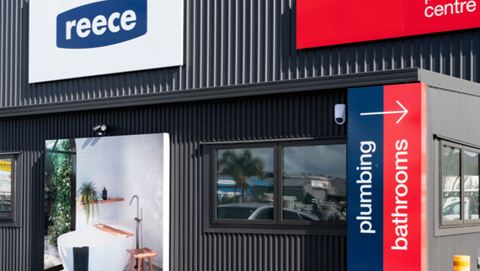"We will churn out the product from October this year and consider equipping the chip into solid state drives depending on the situation," said Hynix spokesman Lee Si-hyun, according to the Korea Times.
The new 32Gb chips cram three bits (binary digits) of storage in the space formerly occupied by two by simplifying and reducing the scale of circuitry and sharing some circuitry between storage bits.
"When storage capacity per cell expands, there can be a problem which causes stored information to get entangled," a Hynix representative told local daily the Chosun Ilbo.
"We overcame this obstacle and completed developing three-bit-per-cell technology which laid the groundwork for reducing production cost."
As well as being approximately 30 percent cheaper, Flash chips built with the new design will be approximately 30 percent smaller than existing chips.
However, most of the volume of a modern chip package is taken up with the packaging material and the interconnections that link the tiny silicon chip to a circuit board.
It is therefore unclear whether a smaller chip size will translate to a significant reduction in the scale of finished products.
Other memory developers have also discussed plans for so-called '3x' Flash memory cells, but none has announced a firm launch date.


_(23).jpg&h=140&w=231&c=1&s=0)







 iTnews Benchmark Awards 2026
iTnews Benchmark Awards 2026
 iTnews Executive Retreat - Security Leaders Edition
iTnews Executive Retreat - Security Leaders Edition
 iTnews Cloud Covered Breakfast Summit
iTnews Cloud Covered Breakfast Summit
 The 2026 iAwards
The 2026 iAwards












_(1).jpg&h=140&w=231&c=1&s=0)



